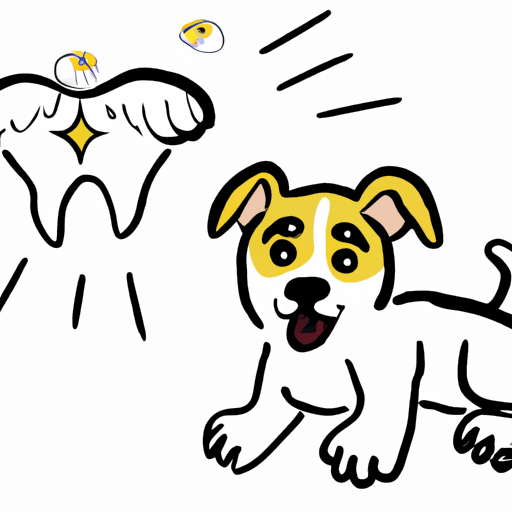Understanding the Timeline of Puppy Teeth
Just like human babies, puppies are not born with their teeth. Within their first few weeks of life, they start to grow their baby teeth. Generally, by the time they are about 4 weeks old, most puppies have a full set of baby teeth.
- 2 to 4 weeks: Incisors start to come in.
- 4 to 6 weeks: Canine teeth appear.
- 6 to 8 weeks: Premolars start to emerge.
These baby teeth are small, sharp, and perfectly designed for a puppy’s diet and lifestyle.
What Happens When Puppies Lose Their Baby Teeth
As your puppy grows, they will begin to lose these baby teeth. This usually starts around three to four months of age and continues until they are about six months old. During this time, you might notice some signs of teething:
- Increased chewing or biting
- Drooling or dribbling
- Difficulty eating or reduced appetite
- Irritability or changes in behavior
It’s important to monitor your puppy during this time and provide suitable toys or chews to help relieve their discomfort.
The Process of Growing Adult Teeth
As the baby teeth fall out, they are replaced by adult teeth. This process is usually complete by the time the dog is about six to seven months old. The order in which the adult teeth come in is generally the same as the order in which the baby teeth appeared.
| Age | Teeth |
|---|---|
| 3 to 5 months | Incisors and Canine teeth |
| 4 to 6 months | Premolars and Molars |
Caring for Your Puppy’s Teeth
Good dental care is essential for your puppy’s health. Here are some tips to ensure their teeth are well taken care of:
- Regular brushing: Use a dog-friendly toothpaste and brush to keep their teeth clean.
- Dental chews and toys: These can help clean the teeth and keep your puppy entertained.
- Regular vet checks: Your vet can monitor your puppy’s dental health and provide necessary care.
FAQs
Q: What should I do if my puppy swallowed a baby tooth?
A: Don’t worry – this is quite common and usually doesn’t cause any problems.
Q: Is it normal for my puppy to have bad breath during teething?
A: Yes, this is normal due to increased drooling. However, if the bad breath persists, consult your vet.
Q: My puppy is over six months old and still has some baby teeth. What should I do?
A: At this stage, it’s best to consult your vet. They may need to remove the baby teeth to allow the adult teeth to come in correctly.



